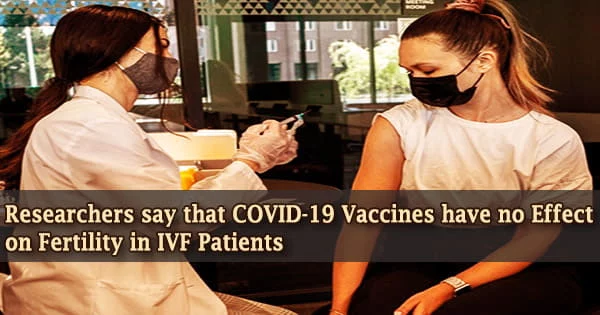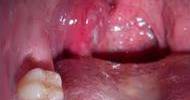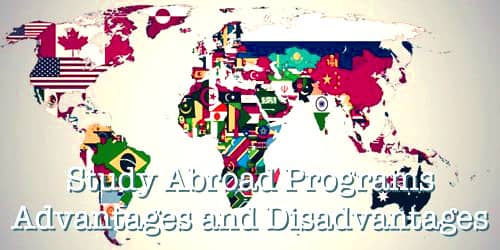In vitro fertilization (IVF) patients do not benefit from the COVID-19 vaccine, according to a recent study published on January 25. The findings, according to the researchers, should reduce worry and boost confidence among anyone considering or undergoing IVF therapy.
IVF stands for in vitro fertilization and is a form of assisted reproductive technology (ART). It entails extracting eggs from the ovaries of a woman and fertilizing them with sperm. An embryo is a fertilized egg that has been fertilized. The embryo can then be frozen or transplanted to a woman’s uterus for storage.
Researchers also claim that there is no substantial difference in pregnancy and outcomes between unprotected and vaccinated people undergoing in vitro fertilization (IVF). They believe that their research will assist patients who are considering IVF during the COVID-19 outbreak feel more at ease.
“This pandemic has brought stress and anxiety to people on many levels, and people who are thinking about their fertility or are pregnant will benefit from data that can help them make informed decisions about their health and the health of their future offspring,” said Dr. Devora Aharon, a study author and a fellow in reproductive endocrinology and infertility at Icahn Mount Sinai and RMA of New York.
“We looked at a number of markers of egg quality and embryo quality as well as pregnancy rates and early miscarriage rates, and found no differences between patients who had received the vaccine and those who were unvaccinated,” Aharon told Healthline.
IVF aids people who are trying to conceive a child but are unable to do so due to infertility. Because IVF is costly and invasive, many couples try other reproductive therapies first. Taking fertility medications or undergoing intrauterine insemination are two examples. A doctor injects sperm straight into a woman’s uterus during this operation.
This pandemic has brought stress and anxiety to people on many levels, and people who are thinking about their fertility or are pregnant will benefit from data that can help them make informed decisions about their health and the health of their future offspring.
Dr. Devora Aharon
Researchers compared the rates of conception in vaccinated and unvaccinated people to see if the COVID-19 vaccination hampered success, both in people who had their eggs retrieved and fertilized in a lab and in people who had a frozen-thawed embryo transfer.
214 vaccinated and 733 unvaccinated people who underwent frozen-thawed embryo transfer had equal rates of pregnancy and early pregnancy loss.
The two groups of people who had ovarian stimulation, 222 vaccinated and 983 unvaccinated, had equal rates of egg retrieval, fertilization, and embryos with appropriate chromosomal numbers, among other things.
“This data provides reassurance that the COVID-19 vaccine does not appear to have any harmful effect on fertility or early pregnancy in patients undergoing fertility treatment,” Aharon said.
While epidemiologists have always refuted claims that the vaccine can cause infertility, Aharon believes that a major study like this one is necessary to alleviate worries.
Anxious before the pandemic
People dealing with fertility challenges, according to Barbara Collura, president and CEO of Resolve: The National Infertility Association, are predisposed to worry.
“For people who are struggling to build their family, there are so many worries and concerns, especially in an effort to maximize their chances of pregnancy and the eventual birth of a child,” Collura said.
“If someone has already had setbacks, perhaps a miscarriage, a failed IUI (intrauterine insemination) or IVF cycle, their concerns can be heightened.”
She noted that worries around COVID-19 and the vaccine became an added layer of concern.
“We definitely have had people in our community with deep concerns,” Collura said. Aharon said that’s exactly what motivated her team to take on the large study.
















